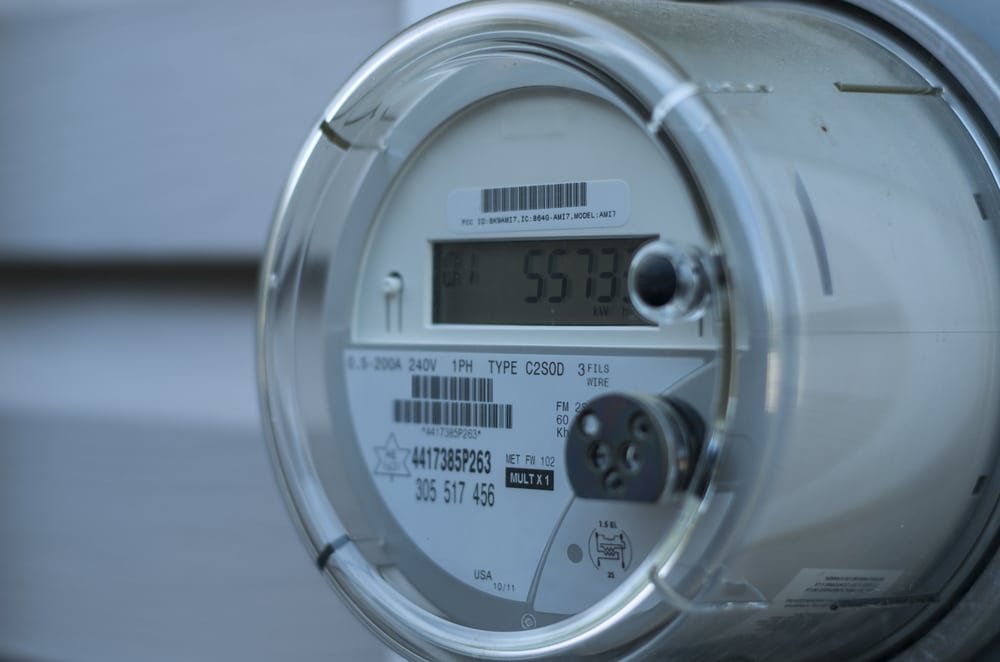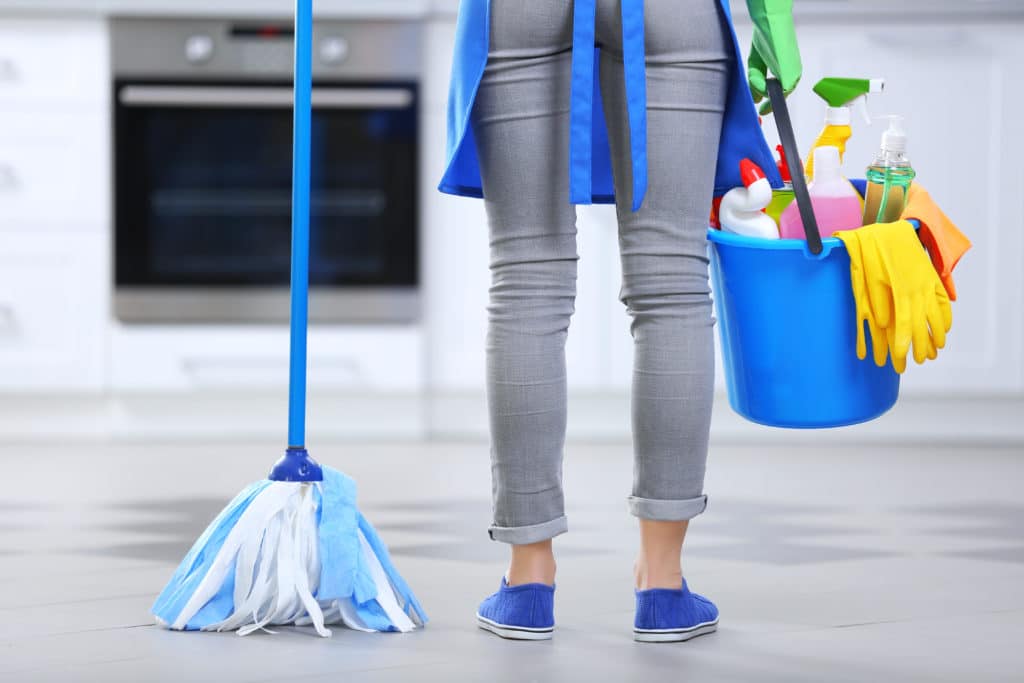Your apartment lease has come to an end, and you are planning to move out. Follow these guidelines to help ensure a smooth move-out process.
1. Ensure Your Move-Out Date is Clear
First, have a look at your lease to make sure you know what the terms are with respect to moving out. In most cases, tenants are expected to give 60 full calendar days notice from the end of a lease. This is not 60 full calendar days from whenever you want, but rather it must be from the end of your lease. For example, if your lease ends July 31, 2020, then your notice must be received by May 31, 2020.
Here are some steps to follow :
- Send a letter via U.S. certified mail to your landlord or property manager to make sure they are aware of the date you intend to move out.
- Follow up with them to make sure they have received your communication
- Answer any questions your landlord or property manager has quickly to avoid any misunderstandings.
- Find out if there are any special instructions regarding moving out (restrictions on times or days of the week, other procedures)
Written communication helps eliminates the chance of any issues that may arise later with respect to move-out dates and other agreements. It may also be a requirement in your lease.
2. Contact a Moving Company

About one to two months* before you move, contact a moving company to organize a date for picking up all your belongings and transporting them to your new home.
- Research moving companies to make sure they are reliable and reputable
- Figure out how payment will work with the moving company
- Schedule a date for pick up
- Let the moving company know how much furniture you have to organize a specific truck size for picking up your things
- Find out if the moving company offers assistance with packing up your things if needed (some companies may offer this additional service for an extra charge)
- Make sure the moving company provides liability insurance for your belongings while they are in transit, or purchase supplementary insurance if needed
- Book an elevator or loading dock if needed
3. Start organizing things for your new address

Once your move is about two to three weeks away*, it’s time to start organizing things for your new address. Here are some things to consider:
- Set up utilities like gas, cable, and electricity as required in your new lease
- Contact the US Postal Service (USPS) to ensure all mail gets redirected to your new address once you move. There is a nominal $1 processing fee charged by USPS but it can save a lot of headaches.
- Contact your renter’s insurance provider and either cancel current coverage or transfer all coverage to your new address from a specific date. If you are moving into a home you purchased, you will likely need homeowners insurance which is a different type of policy than renters insurance.
- Update your old addresses to your new addresses on your bank documents, drivers license, and any other important documents
- Provide your existing landlord with your new address so your security deposit can be released. Generally, security deposits must be refunded within 30 days less normal wear and tear, and other agreements per the terms of your lease and based on where you live.
4. Plan to get the apartment cleaned

About one week* before you are scheduled to move out, start packing up your furniture and organize to get your apartment cleaned so that it can return to its normal condition before you moved in. Normal wear and tear is generally acceptable but some bigger considerations include:
- Get the carpets professionally cleaned if they are looking dirty or worn out (and many leases require this)
- Clean the walls, patch any large holes
- Fix anything that you have broken in the rental apartment
- Clean the bathroom tiles, toilet, and shower area to remove any mold or grime that has accumulated
- Prepare the apartment to look like the condition you received it in
- Take pictures of the apartment condition when you moved out.
5. Find out how the inspection will occur
Usually once you move out and return the keys, the landlord or property manager will do an inspection to see that everything is in order before you get your deposit back. Find out how this usually occurs so there are no surprises later.
- Understand the timing of the inspection
- Find out when your security deposit will be returned (less damage beyond normal wear and tear, and per the terms of your lease).
Moving out of your rental apartment doesn’t have to be stressful when you know what to do.
*The timelines given in this article are meant as a general idea and are not meant to be exact. Everyone’s timeline and needs are different. Figure out what works best for you and your family and plan accordingly.
Last Updated: August 16, 2022





